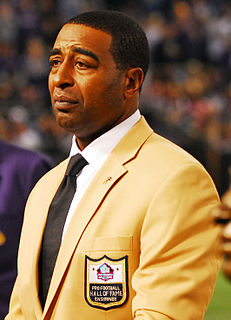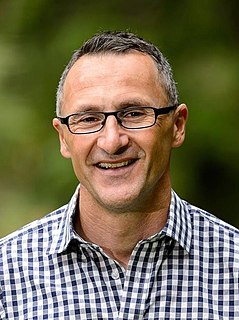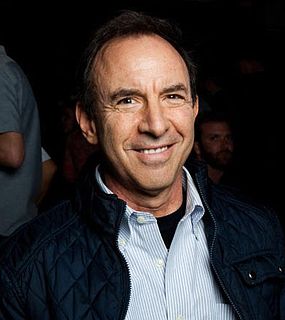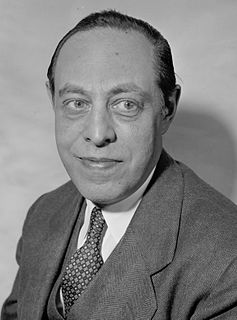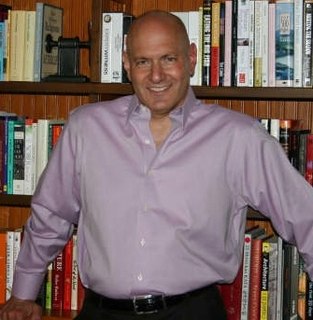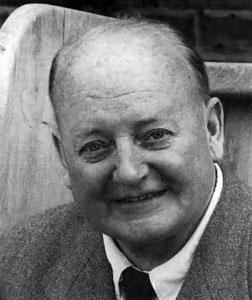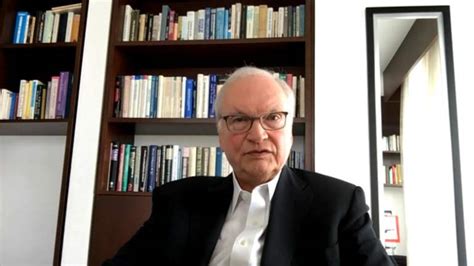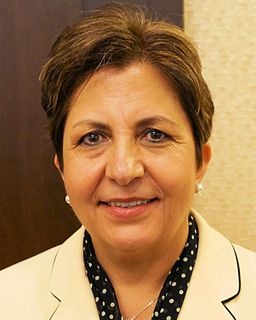A Quote by E. Fuller Torrey
Mental health courts exist because the system has failed.
If these people were being treated,
they wouldn't end up with misdemeanor charges or
felony charges against them in the first place.
The very existence of mental health courts is really an
indication of the system's failure.
Related Quotes
One of the things we need to do is address mental health care as an integral part of primary care. People often aren't able to navigate a separate system, so you see successful models where a primary care physician is able to identify, diagnose, and concurrently help people get mental health treatment who have mental health issues.
I've obviously come from a health background. I was a doctor before I became a pollie and one of the things I'd like to do is to really build on the world-class health system we've got. I'm passionate about climate change because it's also a health issue. Things like extreme weather impact on people's health, the ability of our hospitals to cope, the impact on mental health, on farmers in regional areas - they're all serious health concerns.
One of the issues I think is very important, in many communities of color, there's a stigma about mental health. We find that the shaming that comes from acknowledging that one may have some issues that may relate to mental health, often people are not willing to go and seek additional help because of that shaming or that cultural stigma that's associated with it. And I think that we need to make this change in how people approach mental health.
Mental strength is not the same as mental health. Just like someone with diabetes could still be physically strong, someone with depression can still be mentally strong. Many people with mental health issues are incredibly mentally strong. Anyone can make choices to build mental strength, regardless of whether they have a mental health issue.
There are whole states where people [with addiction or mental health issues] can't get to a doctor. If that were true of pancreatic cancer, if that were true of heart disease, if that were true of diabetes, we'd all understand that it made no sense at all. And yet we somehow approach mental health from a very different standard.
Mental health is an area where people are embarrassed. They don't want to talk about it because somehow they feel they're a failure as a parent or, you know, they're embarrassed for their child or they want to protect their child, lots of very good reasons, but mental health, I feel, is something that you have to talk about.
The legalization of drugs, a proliferation of a public health approach to drug use and drug addition, a compassionate mental health system. And can we just say gender equality and the end of mass incarceration and the final shedding of the vestiges of a slave-based nation? Can we have that, too? Can I have it all?

